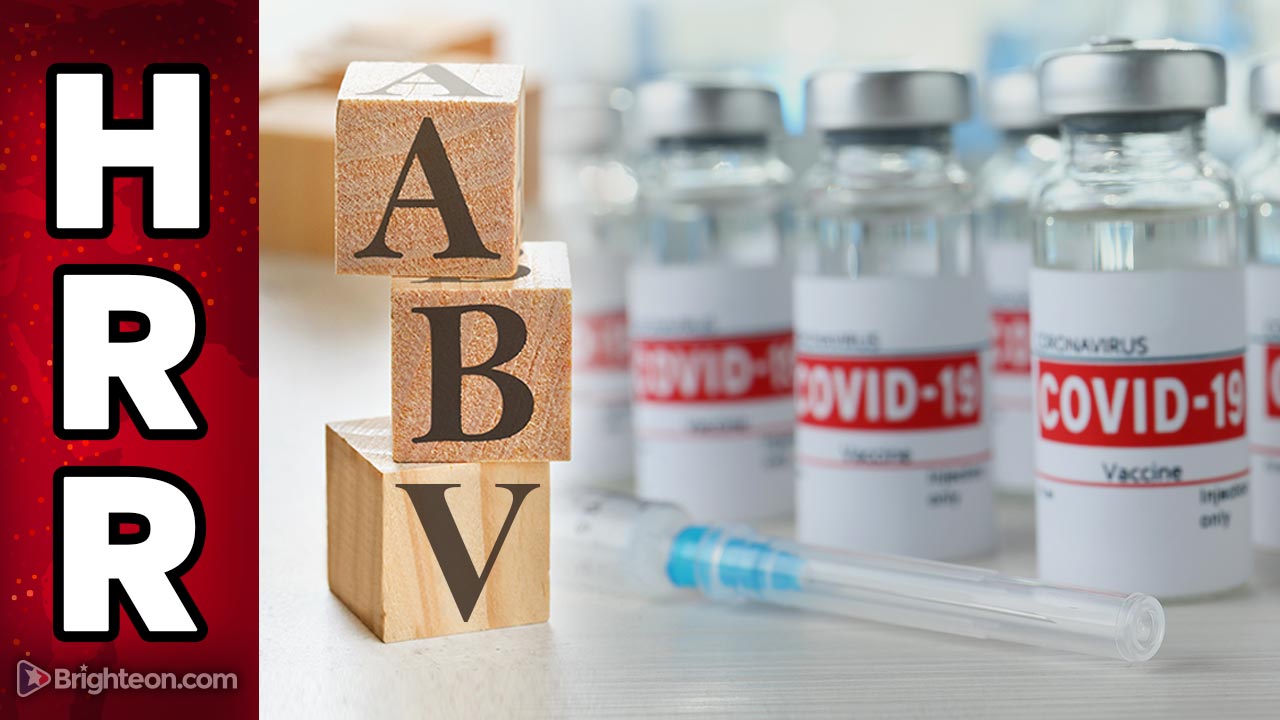 Parler
Parler Gab
Gab
Take the food quiz and see if you pass: If you're consuming 3 or more of these food toxins on a regular basis, then you fail
Do you "eat out" often or grab "take out" and order "delivery" from restaurants in your area? Guess what kind of oil they use to cook your food? The cheapest kind, that comes from Canada, is also called rapeseed oil, and is not only GMO, but coagulates in your body, causing weight gain, memory loss, and eventually, dementia. That's number one on the 'no fly' list for bad, bad food toxins to be consuming, especially on a regular basis. Did you know there's a preservative used in most jarred foods that gives products longer shelf life while shortening human life? This common "preservative" dissolves the myelin sheath of protein – the outer 'shell' – of your cells, and causes them to self-destruct to save themselves from cancer, but that doesn't always work out. Watch out for this predator in those jars of pickles, soups, dressings, peppers, and that comes in as number two on the hit list. Sure, you know about aspartame causing anxiety, weight gain, and depression, but did you know another popular artificial sweetener called sucralose has trouble leaving your filtering organs, leading to other health crises, including irritable bowel syndrome. That comes in at number three on the flirting with disaster list. Are you filtering your food, or are YOU the toxic food filter?Let's start counting and see how many arenas of the "dirty 9" not-so-common toxins that you fail to filter from your regular food regimen
#1. Canola Oil (nearly all restaurants use it because it's cheap) #2. Sodium Benzoate (kills human mitochondria and nerve cells by dissolving the outer protein sheath) #3. Sucralose (doesn't clear from cleansing organs properly and causes digestive issues) #4. Growth hormones (found in most conventional meat and dairy products) #5. Antibiotics (found in most conventional meat and dairy products) #6. Bleach (most white foods are bleached, plus some fish) #7. Ammonia (used in most conventional meats to kill bacteria and pathogens) #8. Industrial-based bread softening agents (azodicarbonamide and urethane) #9. Aflatoxins from fungi (common in peanuts, cashews, corn, whole grains, and cottonseed - known to cause liver cancer) So, did you pass or fail? Maybe just keep reading and learn a little more about your 'adjusted' food regimen.Are your 'whole grains' contaminated and not so 'wholesome' or 'natural' after all?
Have you or a loved one been diagnosed with liver cancer? Are you afraid of getting it? You better figure out what "whole grains" are actually healthy for you, and which ones are most definitely NOT. Ever heard of aflatoxins? Yes, that's spelled correctly. They are a family of toxins produced by specific fungi that are common on agricultural crops like peanuts, tree nuts, cottonseed, and corn. They can contaminate these crops, not only in the fields and at harvest, but during storage too. Regular exposure to these aflatoxins is associated with an increased risk of liver cancer. Believe it or not, whole grains are not always a healthy food choice. The mass media has ingrained that in people's brains (pun intended), but it's not always true. Though whole grains are a source of energy (carbohydrates), they also represent a significant source of food-borne contaminants called mycotoxins, which include aflatoxins, ochratoxins, fumonisin B1, deoxynivalenol, and zeralenone. They may also contain toxic metals like lead, cadmium, and arsenic. Watch out for acrylamide also, a known process contaminant. Tune your food news frequency to FoodSupply.news and get updates on more toxic foods and food shortages coming to stores near you. Sources include: TheGuardian.com Cancer.gov NaturalNews.com NCBI.nlm.nih.govAthlete deaths are 1700% higher than expected since COVID vaccine rollout
By News Editors // Share
Beware: ABV disease (Anything But Vaccines) is causing people to DROP DEAD everywhere
By Mike Adams // Share
It’s as clear as day, Mongolia is experiencing a pandemic of the vaccinated
By News Editors // Share
Governments continue to obscure COVID-19 vaccine data amid rising concerns over excess deaths
By patricklewis // Share
Tech giant Microsoft backs EXTINCTION with its support of carbon capture programs
By ramontomeydw // Share
Germany to resume arms exports to Israel despite repeated ceasefire violations
By isabelle // Share










